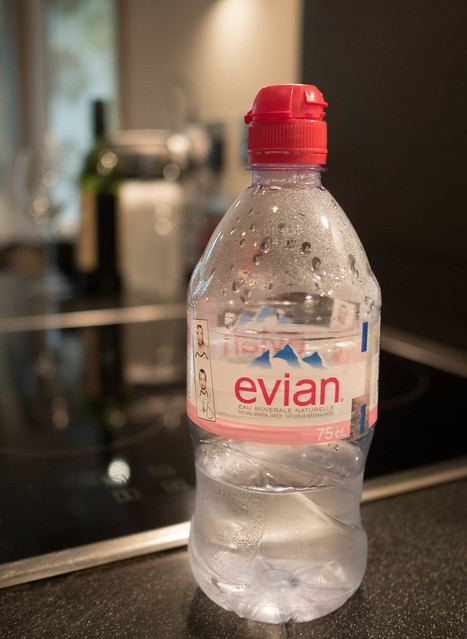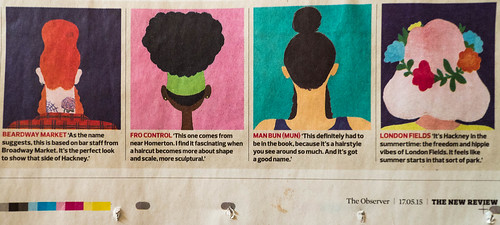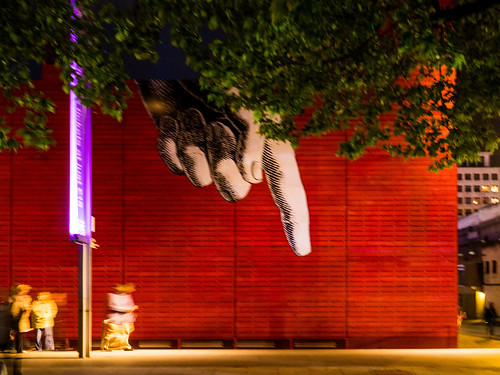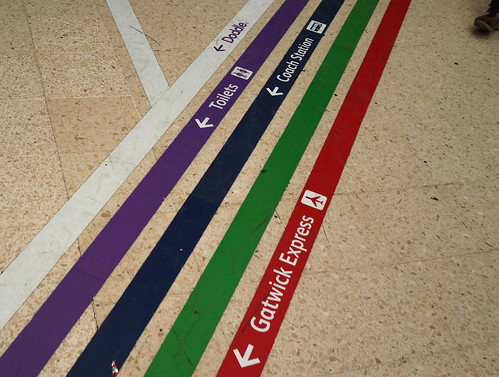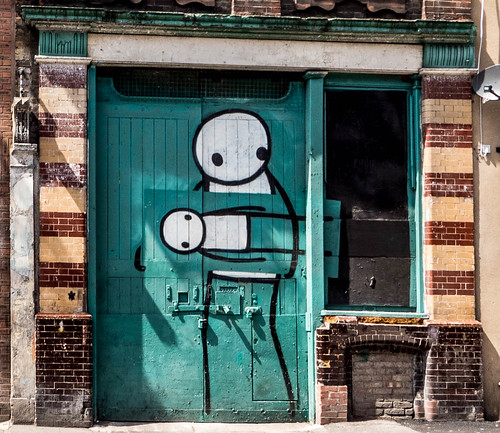
I'm still at the conference, which is talking about all manner of new ways to connect the world. Curiously the jargon level seems to have stopped at about 2013 levels and I'm not noticing too many new expressions around.
Sure, there's Internet of Things and gamification, but I don't really count them as new. The nature of the sessions here means there's more talk about the ideas than practical examples, what I call PowerPoint-powered rather than live demos.
It raises a few side questions about the reliability of the future too. The premise of the discussions includes devices talking to one another and the information and intent being properly interpreted.
We've all seen those movies where the protagonist walks along the clean streets of a future where the billboards change automatically to the right kind of advertising. Those intelligent mirrors that give time checks, fashion tips and news extracts whilst one brushes the teeth.
Well, I had a glimpse of the real-world state of the technology after I'd left the sessions today.
I dropped into a well-known chain shop to buy a drink. The huge shelves of water were part of a promotion linked to a particular newspaper, which I don't usually read. I reluctantly scooped up this 'deal' and headed to the automated checkout.
You already know what I'm going to say?
Yes, it didn't work. Now I am a regular user of automated checkouts. I get the occasional 'unexpected item in bagging area' or 'an assistant will be with you shortly' messages, which comes with the territory.
But this just didn't work. Two items; a newspaper and a water. I put the water through first.
Message to me: Did I know that there was a special offer and I could get this water 'free' with a certain newspaper?
Oh yes, that'll be my next swipe. After I've dismissed this message.
Scan the paper.
Message to me: There's a free water with the newspaper.
I know, I've got it. I'm thinking this isn't a very good advert for Internet of Things, cross selling or automation.
Subtotal for my 'wave and pay' appears. I almost pay it but notice an amount that can't be right. I realise that I've probably put the items in the wrong sequence and that the robot can't cope.
I decide to abandon the automat and head for the staffed till. But No. I arrive 1/24th of a second too late and a large group of school children buying assorted items beat me to it. This could be some time.
I look back to the automatic systems. There's one of the assistants with a tattered piece of paper printed with a bar code standing next to an unused automat.
I approach and explain my problem. Helpfully, he takes my two items as I do that walk of shame back to an automated till to be helped with my purchase.
Ahah. He has the same problem. These two items won't go through, at least not for the reduced price. He admits that they have been having some problems.
Then he does a sort of paper shuffle using his special tattered bar code. He puts the items through for a second time and then removes one again. I can't follow this card shark sequence exactly, but the amount at the end looks about right.
I wave my payment card in the designated area, pickup the receipt and exit.
I suppose the presenters at my session would say this is a perfect example of why the Internet of Things is needed? Contrariwise I'm thinking that if we can't get a simple 'special offer' right, then what chance of the new stuff powered by RFID, The Cloud, Big Data, heuristics and intelligent beacons?
As I gulp the water I'm musing about the sessions earlier where people are talking about monetising the new object platform and augmenting the user experience and I wonder if I'm standing in another parallel universe about to split from the current one.
